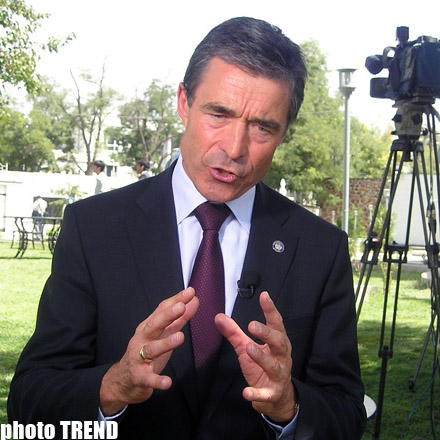Enemy attacks in Afghanistan were down 22 per cent year-on-year in January and February, setting forth a continuous decline in the number for nine months, NATO Secretary General Anders Fogh Rasmussen said Monday, dpa reported.
"Each month since May 2011 has had fewer enemy-initiated attacks than the previous month. This is the longest sustained downward trend recorded by ISAF," he told reporters in Brussels, referring to the NATO-led International Security Assistance Force.
"Despite the challenges, we can see progress on the ground," he added.
But NATO security trends have in the past contradicted those of other agencies - most notably the United Nations, which has typically painted a gloomier picture of the situation in Afghanistan. Officials blame the discrepancies on different data methods.
NATO's operation in Afghanistan has recently faced a spate of criticism, following the burning of copies of the Koran by US soldiers and the killing of 16 civilians by a US soldier.
The latter incident prompted Afghan President Hamid Karzai to call for all security responsibilities to be handed over from foreign to Afghan forces by 2013.
But Rasmussen said plans remain on track for international combat troops to withdraw from the country in 2014, leaving behind only training and support personnel. Afghan security forces are on a daily basis "increasingly" putting their "ability" on show, he noted.
"Once we have withdrawn international troops from Afghanistan, the enemies ... will be confronted with a strong and capable Afghan security force," he said.
Rasmussen noted that local troops are now in the lead for 42 per cent of conventional military operations, 28 per cent of special operations and 85 per cent of training.
At the same time, the NATO chief acknowledged concerns among the country's population that their soldiers and policemen may ultimately not be able to maintain security.
"But eventually it must be for the Afghan people to take full responsibility for their own country," he said. "Obviously, we can't stay in Afghanistan forever. ISAF is not an occupation force ... We want Afghanistan to be able to stand on its own feet."






